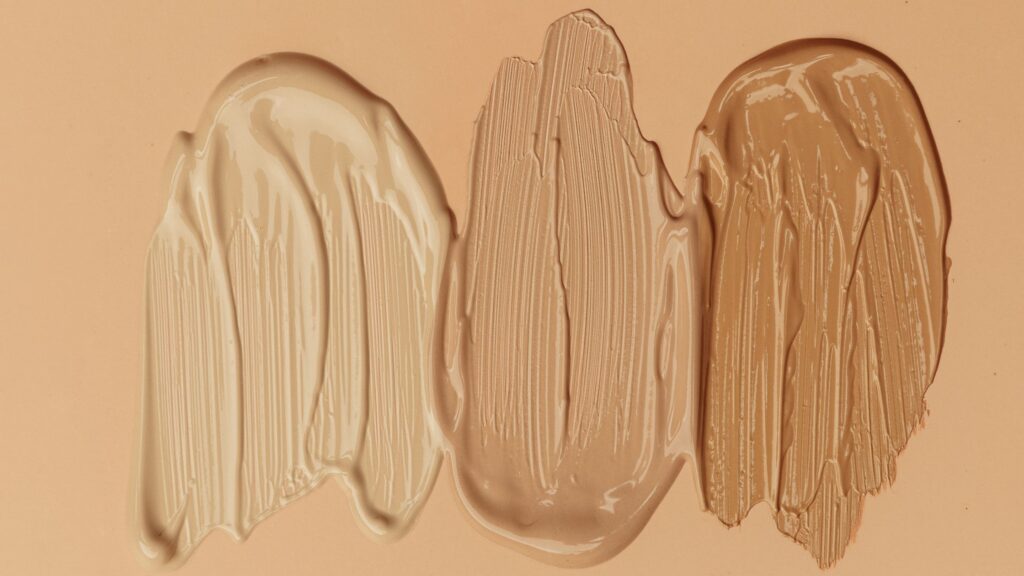Transform Your Skin: Learn How to Identify Your Skin Type and Unlock the Secrets to Radiant, Healthy Skin

The first important step while starting any skincare regime is understanding your skin type to achieve healthy, radiant skin. This process is designed to help in selecting the appropriate skincare items and treatments for your skin. With so many different skin types, it can be overwhelming to determine which category your skin falls into. Let’s discuss the different skin types and how to identify them.
Types of Skin & How to Recognize Them
Oily Skin:
An excessive amount of sebum is produced by oily skin, giving the skin a greasy, shiny appearance. Blackheads, acne, and clogged pores are more common in people with this skin type. You can tell if you have oily skin by how greasy or oily it feels throughout the day, especially in the T-zone (forehead, nose, and chin).
Dry Skin:
This kind of skin is more prone to fine lines, wrinkles, and early aging. To identify if you have dry skin, you’ll notice your skin feeling tight and possibly itchy, especially after showering or washing your face.
Combination Skin:
Both oily and dry skin types can coexist in combination skin. This skin type has an oily T-zone, while the cheeks and outer areas of the face are dry. To identify if you have combination skin, you’ll notice an oily T-zone and dryness on the rest of your face.
Normal Skin:
Normal skin is well-balanced, neither too oily nor too dry, and has a radiant complexion. This skin type is not prone to acne or sensitivity. To identify if you have normal skin, your skin will feel smooth and have an even skin tone without visible pores.
Sensitive Skin:
Sensitive skin is easily irritated and can be caused by environmental factors or specific skincare products. This skin type is prone to redness, itching, and inflammation. To identify if you have sensitive skin, your skin will react quickly to irritants and may feel itchy or tight after using certain skincare products.
Once you’ve determined your skin type, you can choose skincare items and procedures that are specifically suited to your requirements. Every individual has a different skin type, so finding out your skin type will be challenging and might take more time. Test through above mentioned points to find out your skin type and create your skincare routine to get healthy, glowing skin that will boost your confidence.
Conclusion
To get healthy, glowing skin, it’s critical to recognize your skin type. You may choose the skincare products and treatments that are most suited for your unique skin needs by determining your skin type. A dermatologist can help you diagnose and treat any skin issues you might have if you are unclear about your skin type or have any worries.





Pingback: The Science of Shade: A Deep Dive into Foundation Undertones - My Insight Space